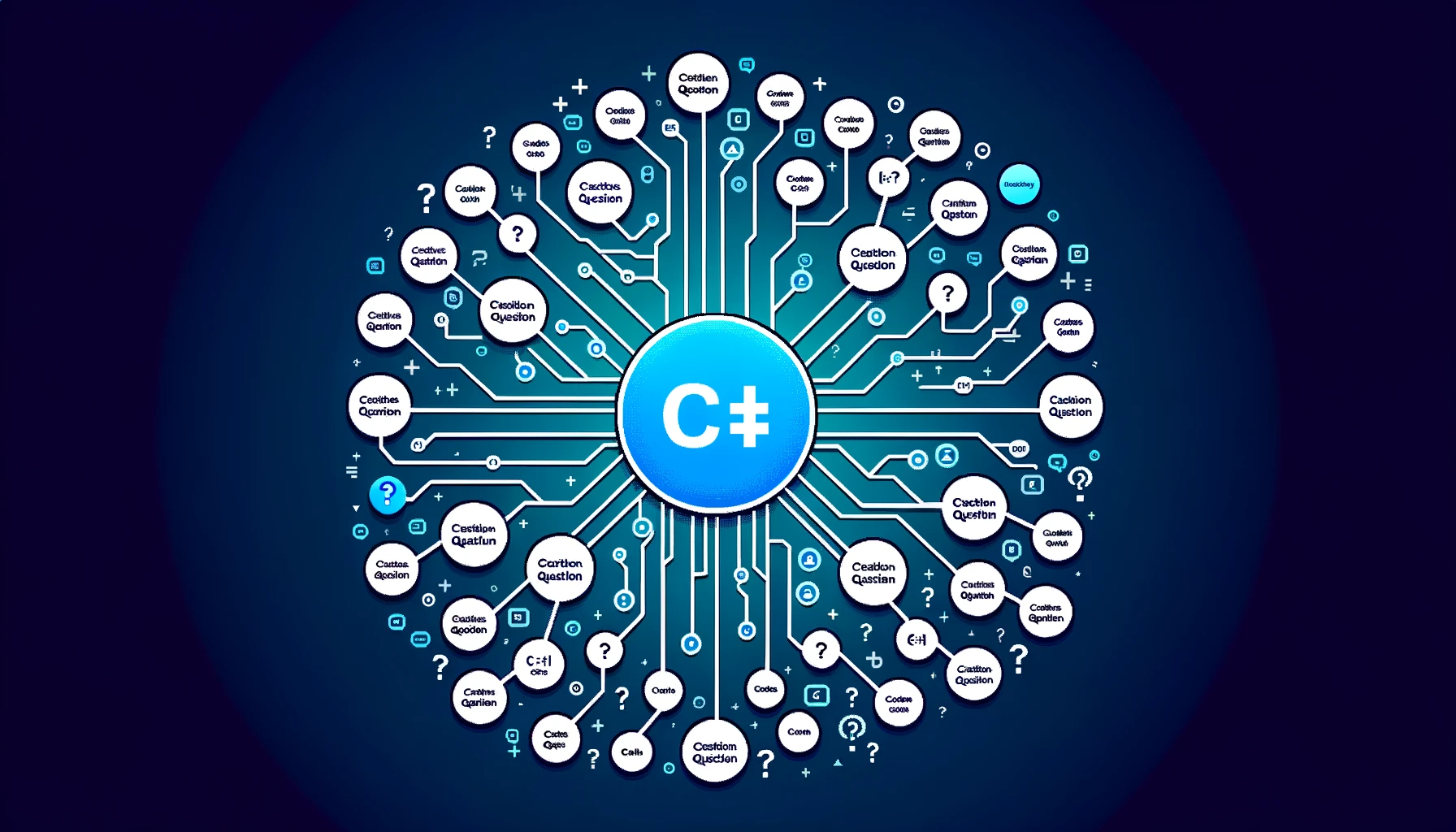
Becoming a better .NET C# developer requires continuous learning, practice, and hands-on experience. Here are some tips to help you improve your skills and become a more proficient .NET C# developer:
- Learn the Fundamentals: Start with a strong foundation by learning the fundamentals of C# programming and .NET framework. Understand concepts like data types, variables, control structures, classes, objects, inheritance, and polymorphism.
- Read Books and Tutorials: There are many excellent books and online tutorials available that cover C# and .NET in-depth. Invest time in reading and following tutorials to gain a comprehensive understanding.
- Online Courses and Videos: Enroll in online courses or watch video tutorials from reputable platforms like Pluralsight, Udemy, or Microsoft’s official documentation. These courses often cover advanced topics and real-world application development.
- Work on Projects: Practice is key to becoming better. Work on personal projects or contribute to open-source projects. Building applications from scratch will challenge you and help you apply your knowledge practically.
- Code Reviews and Feedback: Participate in code reviews and seek feedback from more experienced developers. Constructive criticism can help you identify areas for improvement and learn best practices.
- Explore .NET Framework Features: Familiarize yourself with the various libraries, frameworks, and tools in the .NET ecosystem. Learn about ASP.NET for web development, Entity Framework for database access, and other technologies.
- Follow Industry Best Practices: Stay up-to-date with industry best practices, design patterns, and coding standards. Writing clean, maintainable, and well-documented code is crucial for professional development.
- Attend Meetups and Conferences: Attend .NET user groups, conferences, and meetups to network with other developers and learn about the latest trends and technologies in the .NET community.
- Debugging and Troubleshooting: Improve your debugging and troubleshooting skills. Learn how to use debugging tools effectively to identify and fix issues in your code.
- Version Control: Learn and use version control systems like Git to manage your codebase efficiently and collaborate with other developers.
- Collaborate and Learn from Others: Collaborate on projects with other developers, participate in coding challenges, and engage in discussions on developer forums and communities like Stack Overflow.
- Keep Learning: Technology is constantly evolving, so be open to continuous learning. Stay curious and explore new features and updates released by Microsoft.
Remember that becoming an excellent .NET C# developer takes time and dedication. Embrace challenges, never stop learning, and seek opportunities to apply your knowledge in real-world scenarios. With persistence and a growth mindset, you can continuously improve and become a better developer.
RELATED POSTS
View all


